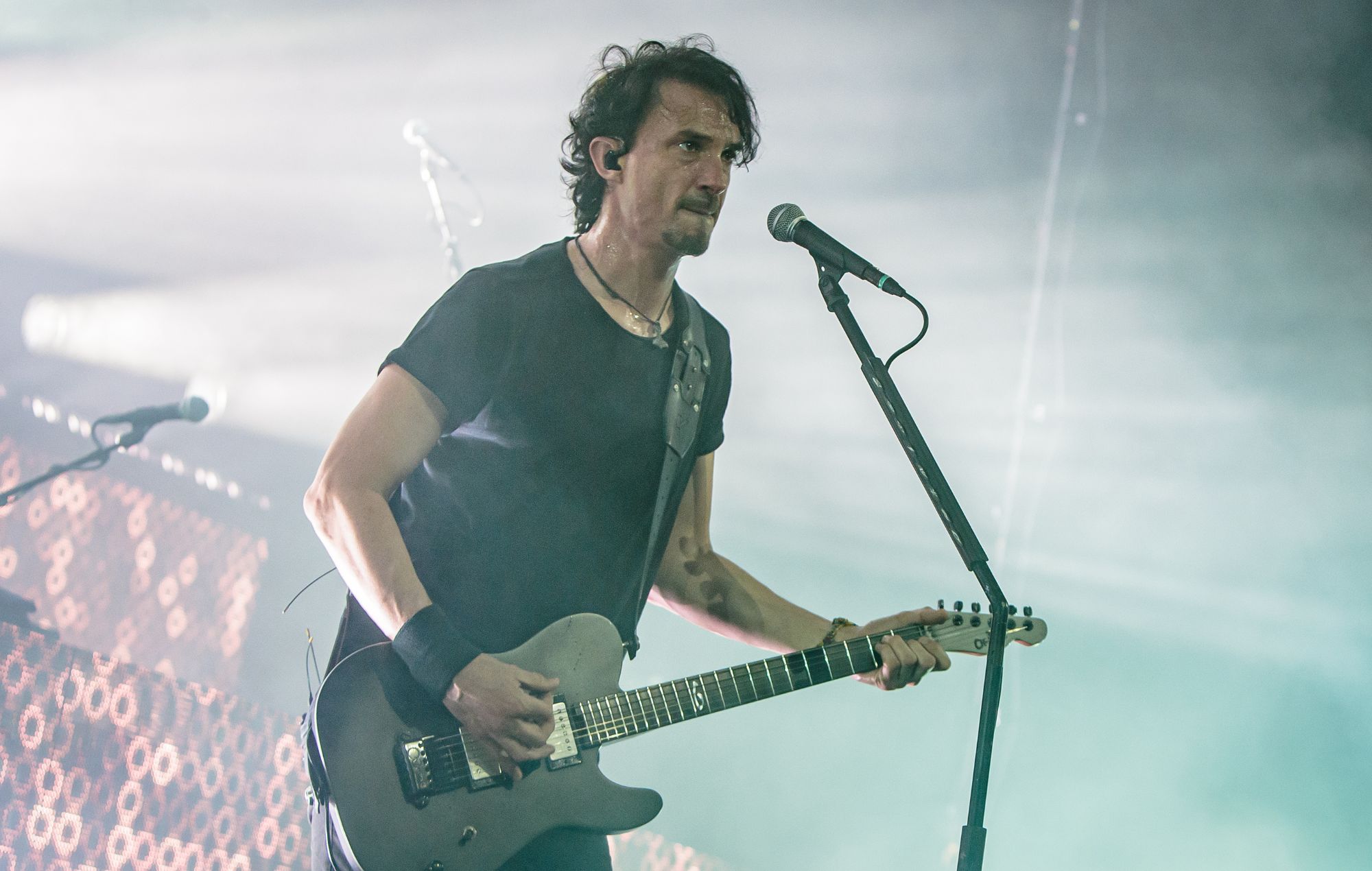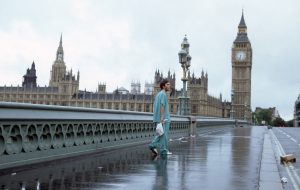Gojira have responded to claims that their performance at the opening ceremony of the Paris Olympics was “satanic”.
READ MORE: Gojira – ‘Fortitude’ review: seismic metal ragers that push heavy rock forwards
The French heavy metal icons delivered an explosive performance during the Paris Olympics opening ceremony last Friday (July 26) alongside experimental opera singer Marina Viotti.
During the segment, frontman Joe Duplantier and co. performed ‘Ah, Ça Ira!’ (which translates to ‘It’ll be fine’), a song that was popular during the French Revolution, during a segment titled ‘Liberté’ (in reference to France’s famed motto ‘Liberté, égalité, fraternité’).
It celebrated one of the most famous events in French history, as well as the nation’s emphasis on freedom. It also made them the first metal band to ever perform during an Olympic opening ceremony.
However, while the vast majority of viewers seemed to love the performance and took to social media to express their enjoyment of the set, some labelled it as being “satanic”.
This was, in part, because Gojira appeared on the side of a castle surrounded by fire and bursts of red streamers to represent blood, with Viotti later appearing on a moving prop boat. Their performance followed a portion dedicated to Les Miserables and came just after a beheaded Marie Antoinette was shown singing.
Now, the frontman has spoken out about the claims, and confirmed that both the band and the performance had nothing to do with Satanism.
“It’s none of that,” Duplantier told Rolling Stone, “It’s French history. It’s French charm, you know, beheaded people, red wine and blood all over the place — it’s romantic, it’s normal. There’s nothing satanic.”
He went on to recall how the country takes pride in severing religion’s ties to the government.
“France is a country that made a separation between the state and religion during the revolution. And it’s something very important, very dear to the foundation of republican France. We call it laïcité. It’s when the state is not religious anymore, so therefore it’s free in terms of expression and symbolism.”
“It’s all about history and facts,” he added. “We don’t, we don’t look too closely at symbolism in terms of religion.”
As well as receiving unfounded accusations of ‘Satanism’ during the opening ceremony, some viewers were also quick to interpret a scene in the show as a mockery of the Leonardo da Vinci painting ‘The Last Supper.’
Gojira performs during the opening ceremony of the Olympic Games Paris 2024 on July 26, 2024 in Paris, France. (Photo by Buda Mendes/Getty Images)
The scene featured a group of drag queens and other members of the LGBTQ+ community – including a transgender model – giving rise to backlash from the Catholic church and right-wing commentators. French musician and activist Barbara Butch appeared in the centre of the tableau, DJing in a silver headpiece and blue dress. In an Instagram post, Butch said she was designed to look like an “Olympian music goddess.”
The ceremony’s artistic director Thomas Jolly told French outlet BFMTV over the weekend that the segment was not a reference to ‘The Last Summer’ and was instead a tribute to Greek mythology. Nonetheless, the organisers issued an apology for any offence caused, with spokesperson Anne Descamps saying that “clearly there was never an intention to show disrespect to any religious group … If people have taken any offence we are really sorry.”
Butch later confirmed that she had gone to the police after receiving death threats over the performance.
The Paris Olympic Games opened with 300,000 fans watching from the riverside as an armada of boats carried athletes along the Seine in the pouring rain.
The opening ceremony also included performances from Lady Gaga and Celine Dion – with the latter moving viewers around the world with her triumphant return to the stage, having not performed in four years following a diagnosis of Stiff Person Syndrome. Check out viewers’ reactions to the ceremony here.
The post Gojira respond to claims that Paris Olympics opening ceremony performance was “Satanic” appeared first on NME.




